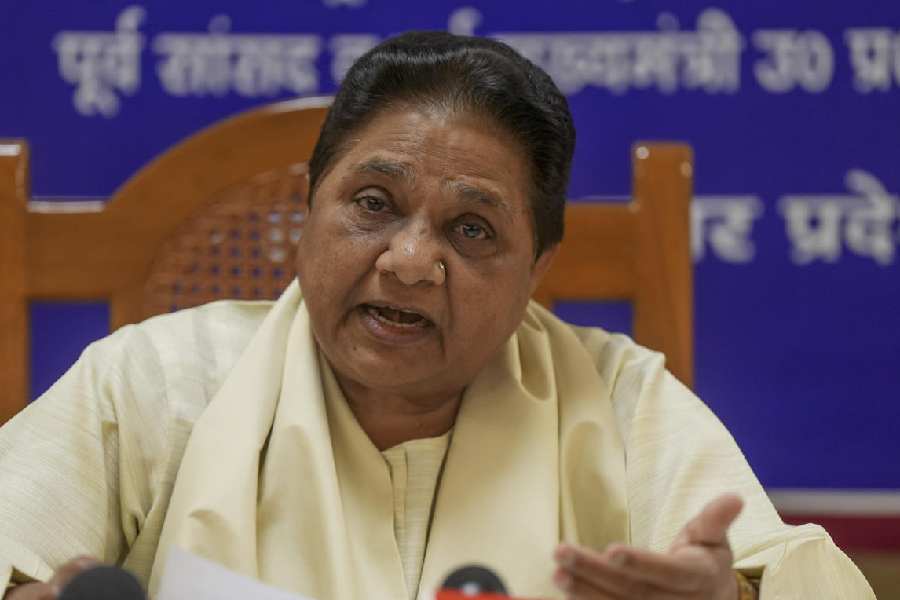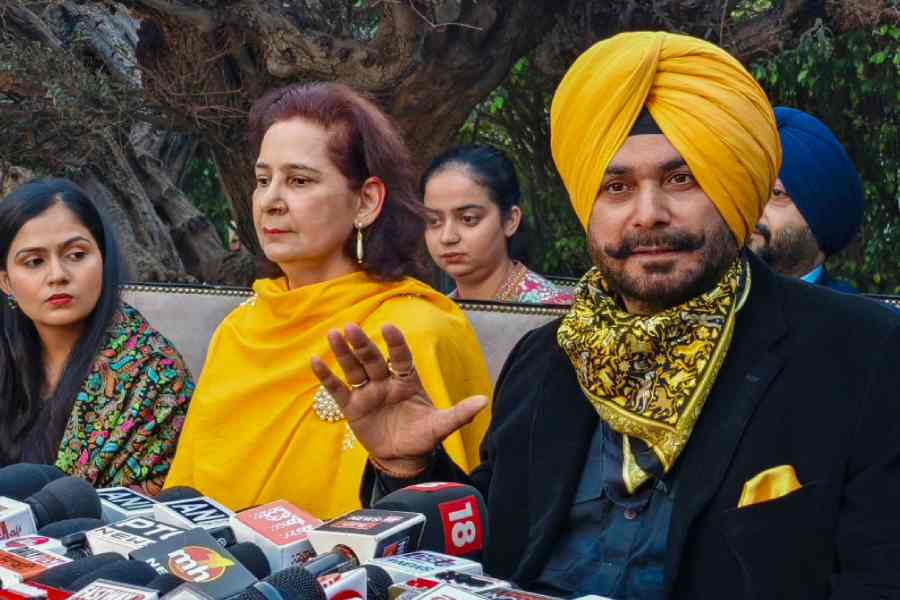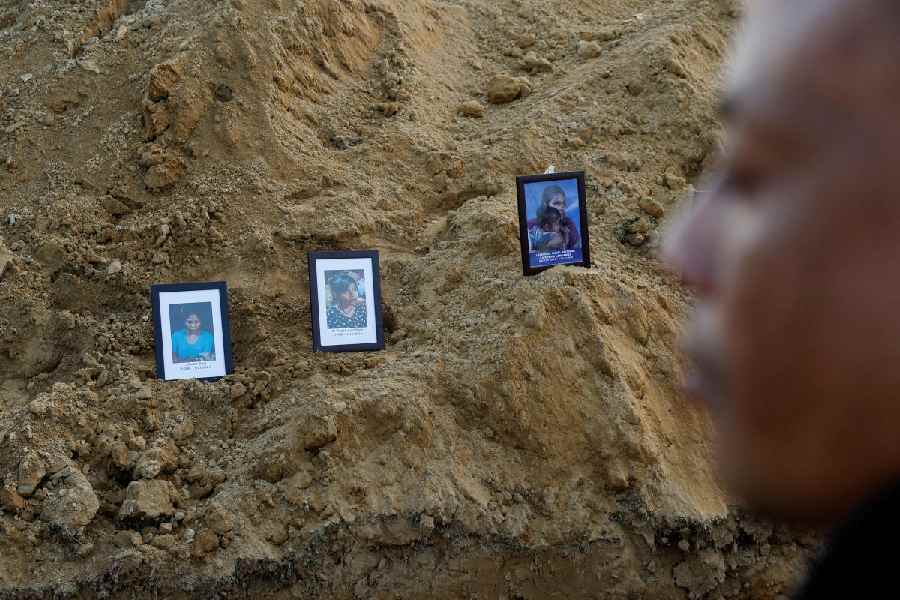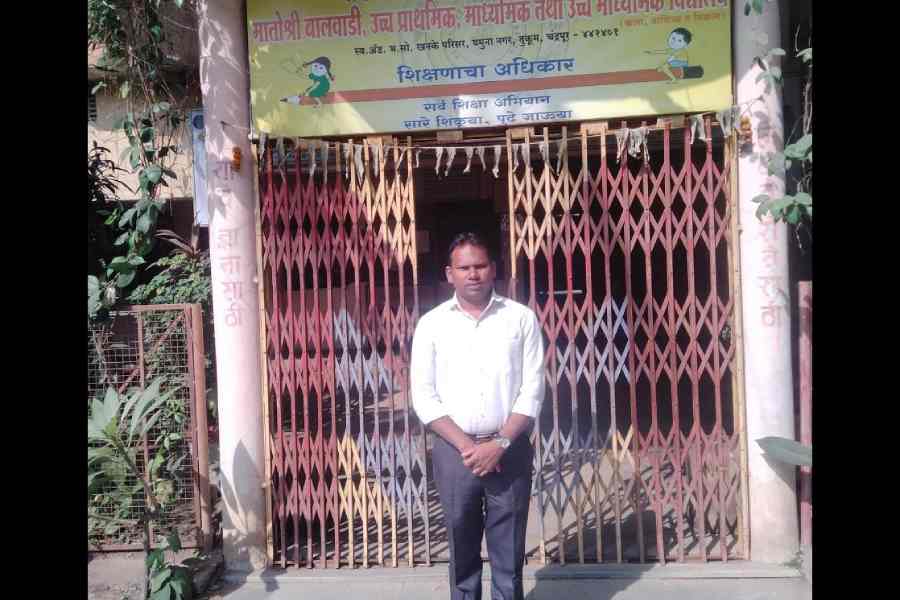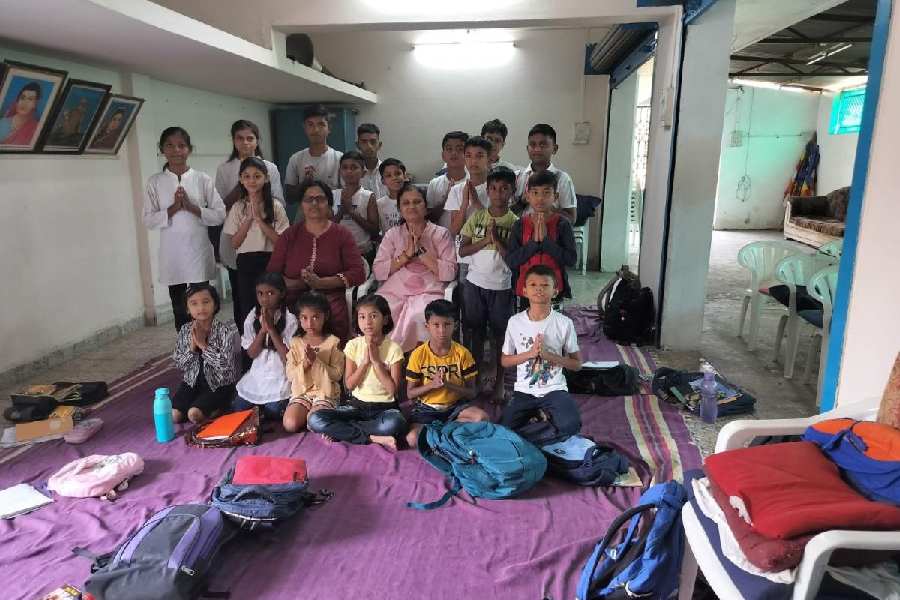The Centre’s plans to impose a basic customs duty on the import of solar cells and modules to promote domestic manufacturing could turn out to be counter productive for local manufacturers as more than 50 per cent of the installed capacity is located in special economic zones (SEZs).
According to manufacturers, a customs duty in the range of 10-20 per cent is being considered with the country importing 90 per cent of the solar equipment, mostly from China. This will be in addition to the safeguard duty of around 15 per cent on the import of cells and modules that has been extended till July 2021.
“BCD is a good barrier for blocking unfair trade practices where goods are just dumped into the country. But, unfortunately in the solar sector, manufactures in SEZ are close to 50 per cent of the total capacity. If we do not treat the units in SEZs equivalent to domestic tariff areas, it will be counter-productive to Atmanirbhar Bharat,” said Saibaba Vutukuri, CEO of Vikram Solar.
“If BCD comes, it will be in addition to the safeguard duty. A manufacturer would be liable to pay BCD on value addition whenever modules are cleared from SEZs to the DTA (domestic tariff area), irrespective of the fact that the cells or modules are being made in SEZs,” said Avinash Hiranandani, global CEO and MD, RenewSys.
Manufacturers with units located in SEZs are instead in favour of an equalisation levy in the range of 0.9-1.5 per cent in lieu of BCD, adjusting for the taxation benefits enjoyed by SEZs compared with the units located outside.
The industry is apprehensive that the units located in SEZs have availed tax benefits in the past and BCD imposed would put manufacturing units located outside at a cost disadvantage.
“Equalisation levy will set off the benefits availed by the units in SEZs and ensure that units in both SEZs and DTAs are placed on a similar footing,” Vutukuri said.


